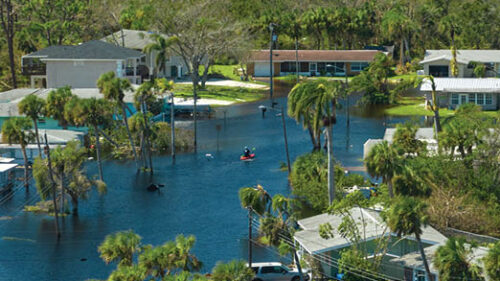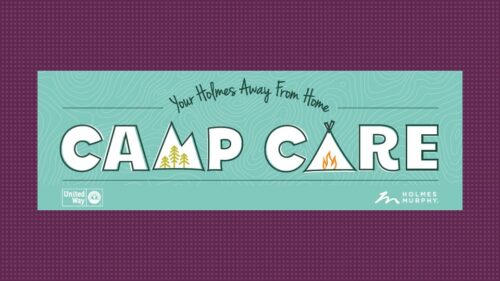The insurance market around the country is very volatile, and this is definitely the case for Florida homeowners’ insurance. Hurricane Ian is a recent example of showing the mass destruction that a hurricane can cause. So, if you’re planning on purchasing a home in Florida, it’s important to understand what to look for as it relates to insurance.
Finding the Right Insurance Company
First, it’s important to find an insurance company that is financially strong. Unlike a house fire or a burst pipe, a hurricane or tropical storm will impact an entire community or even state at the same time. This means you will want to find a financially strong insurance company that can afford to pay for hundreds of millions of insurance claims at the same time. We would suggest looking up a company’s AM Best Rating before entering into any agreement.
Understanding the Risk
Next, you’ll want to understand the private risk that comes along with the home.
When purchasing a home in Florida, you can request an elevation certificate and wind mitigation forms. An elevation certificate is used by the National Flood Insurance Program and will show you the home’s elevation compared to the estimated height floodwaters will reach in a major flood. The higher the elevation, the less likely you will be impacted by flood waters. We always suggesting purchasing flood insurance in Florida.
Check the Homes Age and Structure
Wind can be incredibly high and dangerous in rough weather. Wind mitigation reports will show you how well your home is equipped to handle a major storm or hurricane. Newer homes are built to the new building codes and will most likely have a very good wind mitigation level. Homes that are older will likely have to have updates to have a high wind mitigation level.
Wind mitigation forms will show a couple of different items:
- One is how your home’s walls are attached to the roof. This enables the outer structure of the home to resist the strong winds.
- Another item is how the windows and other openings are protected. It will show if they have hurricane impact glass or hurricane shutters.
The good thing is wind mitigation inspections can be ordered through local companies. Both wind mitigation and elevation certificates are typically required to receive an insurance homeowners quote.
Install Safety Devices
It’s also a good idea to have safety devices put into place if you buy a secondary home in Florida or any other state.
First, a central reporting fire/burglar alarm will report to your security company, if there is a break in or fire when you are not in the home. If the premises will be vacant for extended periods of time, this is always a good idea.
Next, you can install a water-shut off device. This is a device that is installed to the water main of the home and will automatically shut off the water if it detects a leak. This can save you from a costly water claim.
It’s also wise to consult with a local property management company to keep an eye on the property when you are not around.
Other risk management features that can be implemented are a low temperature monitor, back-up generator, gas leak detector, or external perimeter gate. These all would contribute credits to your homeowners’ insurance premium.
Interested in more tips to manage your private risk? I’d love to chat with you. Just reach out!







